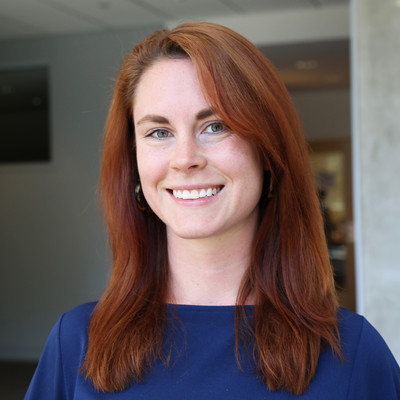
One week ago, I was shuffling through my purse, trying to make sure I had everything I needed before hopping into my car to go to my second vaccine appointment. Driver’s license? Check. Health insurance card? Check. Vaccine card? Check. I checked the same three things over and over, almost compulsively. The truth was, as much as I was looking forward to receiving my second COVID-vaccine, I was also extremely nervous— not because I was worried about having a bad reaction, but I was afraid that something would go wrong and I wouldn’t be able to get the vaccine. That I would get there and they would tell me I had gone to the wrong location, or that my appointment was the day before, or that I needed to bring a completed form that I had never even heard of.
I’ll spare you all the suspense: I got the vaccine. Everything went smoothly, except some arm soreness and a slight fever the next day (and a few tears shed between me and my friend who had an appointment at the same time). But the experience reminded me of something my parents would always say to me when I was younger, and that I’ve tried to keep in mind over the past year: “Our worst fears lie in anticipation”. The first slow hill of the rollercoaster is always scarier than the ride itself; the task that we’ve been putting off is always easier than we imagined it being.
For many incoming graduate students, you are now once again in the anticipation stage. After having been in the stage of the application process where you ask, What if I don’t get in anywhere? or What if I can’t afford it?, you’ve made your deposit and committed to a program for the fall and now… the fear that comes with anticipation sets in yet again. What if the program is too hard? What if I can’t find somewhere to live? What if I hate all my classmates? What if, what if, what if…
I get it: even now that I’ve gotten the vaccine, I’ve adopted a whole new set of what-ifs. Instead of What if I miss my appointment? or What if I don’t have everything I need for the appointment?, I’m asking myself What if I can’t transition back to “life as usual”? or What if there’s a new variant that I’m not protected against? I think that (at least for me) there’s a comfort to this anxiety: that the worry about the future will somehow prepare me if the thing I fear does indeed come to pass. The truth, however, is that it doesn’t usually work like that: worrying about the emergence of a new COVID variant doesn’t in any way prepare my immune system. Even when something I’ve been worrying about does happen, it’s usually just as devastating as it would have been if I hadn’t been worrying about it.
So the advice I have to myself and to those of you waiting out the next few months before the start of a new program is to try to celebrate the wins instead of worrying about what may or may not come. In fact, get excited about the new journey you’re about to embark on! Buy that sweatshirt from the bookstore, start browsing your course catalogs, plan a COVID-safe celebration with your friends or family, order your textbooks, and remember, rarely are things as bad as what we imagine when we’re in the anticipation stage.
